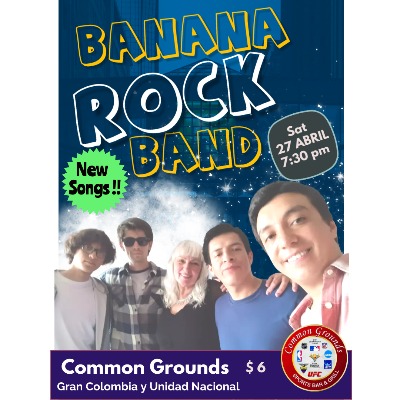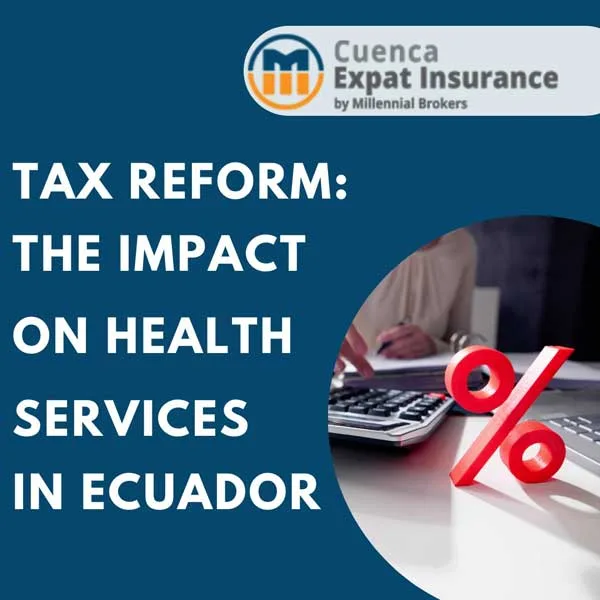It’s been a good month for Nicolas Maduro as enemies face violent protests and friends win
By Jim Wyss
Venezuelan leader Nicolás Maduro has had a month to remember.

Venezuela President Nicolas Maduro
Over the course of a few weeks, he’s seen his foes in the region rattled by violent protests, his allies bolstered at the polls, and attempts to ostracize him diplomatically fail miserably.
In a country that often makes headlines for its hunger, scarcity and news of Maduro’s impending downfall, there’s a sense of precarious economic and political stability on the streets, said Ruben Rivero Capriles, a Caracas-based businessman and political pundit.
“I think people here are resigned. They feel like Maduro has survived,” he said. “And now the world is distracted with the protests in Chile, Ecuador, Haiti — so many other countries.”
The month began with bad news for some of Maduro’s harshest critics, as Ecuador and Chile were seized by violent demonstrations.
Ecuador was once one of Maduro’s staunchest allies, until Lenín Moreno took office in 2017 and rebelled, expelling Venezuela’s ambassador and joining the Lima Group of nations calling for Maduro to step down.
The protests in Ecuador were sparked by Moreno’s decision to try to eliminate a four-decade-old fuel subsidy that he says is costing the country more than $1.3 billion a year. During the height of the tensions, a beleaguered Moreno accused former President Rafael Correa and Maduro of co-opting the demonstrations to try to topple him — allegations that he never backed up with hard proof.
While Moreno has quelled the unrest, at least for the moment, the verdict is still out on Chile.
Once the region’s poster child for stability and capitalism, Chile erupted after President Sebastián Piñera announced a subway fare increase.
Since then, at least 19 people have died, more than a thousand protesters and police have been injured and there have been hundreds of millions of dollars’ worth of damages.
Piñera has rescinded the price hike and sacked his cabinet, but his problems haven’t gone away. After staging one of the largest protests in the country’s history last week, the opposition is calling for a national strike on Wednesday demanding he step down.
In addition, Haitian President Jovenel Moïse — a newly forged Maduro critic — has also been hounded by monthlong protests that threaten his political survival.
Maduro has relished seeing some of his most strident enemies and Washington’s firmest allies fall on hard times.
“The neoliberal system has collapsed in Chile,” Maduro declared Monday. “The empire shakes when the voice of the revolution goes out into the world to tell the truth.”
If bad news for Venezuela’s political enemies is good news for Maduro, his allies have also had a good month.
Bolivian President Evo Morales, a longtime Maduro supporter, appears to have won an unprecedented fourth term, even amid allegations that he committed fraud. On Tuesday, his government agreed to the Organization of American States’ demand to hold a vote recount, a move that could dampen growing protests.
And on Sunday, Argentina elected center-left candidate Alberto Fernández to replace Mauricio Macri, a business-friendly Washington ally.
Fernández’s running mate, Cristina Fernández de Kirchner, was president from 2007-15 and was an ardent backer of the late Venezuelan President Hugo Chávez and now Maduro.
Venezuela’s Foreign Ministry celebrated Fernández’s victory, calling it a “triumph” for the region that is “rejecting criminal neoliberal economic policies” and said it looked forward to working with Argentina’s new leaders.
The elections have undoubtedly rattled the region and bolstered Caracas, said Ronal Rodríguez, the head of the Venezuelan Observatory, a think tank at Colombia’s Rosario University.
“Venezuela isn’t as isolated as many people thought,” he said. “We’ve seen that the diplomatic wall that Colombia and other countries said they had built around Venezuela, and which they said was bearing fruit, has its limits.”
Just how low that diplomatic wall is became clear on Oct. 17, when Venezuela — accused of imprisoning opposition politicians and using its security forces to murder hundreds of dissenters — won a seat on the U.N. Human Rights Council.
The victory came as the United States and more than 50 other nations that don’t recognize Maduro were pushing to have Costa Rica win the U.N. spot.
The vote was a testament to Maduro’s skills as a political survivor, said Jesús Seguías, the head of DatinCorp, a Venezuelan political analysis firm.
“For years Washington and the Venezuelan opposition have said that Nicolás Maduro, and before him Hugo Chávez, were weak and about to fall … but it’s clear that’s not the case,” he said. “The Donald Trump administration now understands that Maduro is a tough player, that [economic] sanctions and threats aren’t enough to make him run away.”
Seguías said that Washington needs to woo — not threaten — Maduro back to the negotiating table while it still counts on strong allies in the region like Brazil and Colombia.
“It’s time for both sides to make concessions to create a favorable environment for a negotiation,” he said. Washington “can’t pretend to force Nicolás Maduro to sit at the negotiating table with a sword against his throat, because it’s not going to work.”
Time is of the essence, Seguías said. The elections in Argentina and the protests in Chile and Ecuador are a sign that Latin America’s political tides are turning once again.
Mexico had been part of the anti-Maduro coalition until Andrés Manuel López Obrador came to power last year. Now Argentina, Latin America’s third-largest economy, is likely to ease up on Maduro, even if the new administration doesn’t fully embrace the Venezuelan strongman.
Facing an economic crisis and troubles at home, Argentina’s new leader will need to work with the opposition and is aware that Maduro is politically toxic, said Rodríguez with the Venezuelan Observatory.
“This is not Venezuela under Chávez, who pretended it was a democracy,” Rodríguez said. “Maduro is no Chávez. The [political] cost of supporting him is very high.”
Even so, there’s no doubt that Maduro has won some breathing room this month.
“Not only has Maduro’s position improved, but the regional scenario for the United States has gotten more complicated,” Seguías said.
One of Washington’s primary weapons in its war on Maduro has been Venezuela’s economy. For years, hyperinflation and food and medicine shortages have had the country in free fall and were a testament to the failure of “21st Century Socialism.”
More than 4.5 million Venezuelans have fled in recent years to escape the crisis.
But even on the economic front, Venezuela is seeing a bit of good news. This week the Venezuelan Central Bank (which only sporadically releases data) reported that non-petroleum imports, including critical items like food and medicine, hit $995 million in the first quarter of 2019, their highest levels since 2017.
And while inflation in September was a whopping 52 percent, it was still lower than Argentina’s (53.5 percent for the month).
Rivero Capriles, the Caracas businessman, said the government has made some subtle but important changes. Stores are now allowed to advertise their prices in dollars, Euros and other stable currencies. The de facto dollarization of the economy has helped temper inflation.
And while food, medicine and other basic items are expensive for average Venezuelans, they seem to be more available on the streets.
Despite the improvements in day-to-day life, there is still deep hunger for change, Rivero Capriles said. And this month’s events in the region suggest that help isn’t coming from beyond Venezuela’s borders.
“There’s the sense that we have to become the protagonists of our own story in Venezuela,” he said, “and not wait for the international community.”
_________________
Credit: Miami Herald, www.miamiherald.com


















